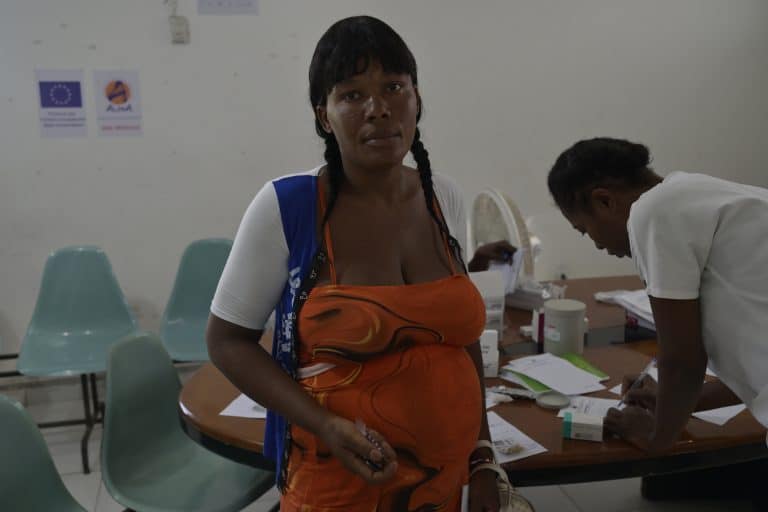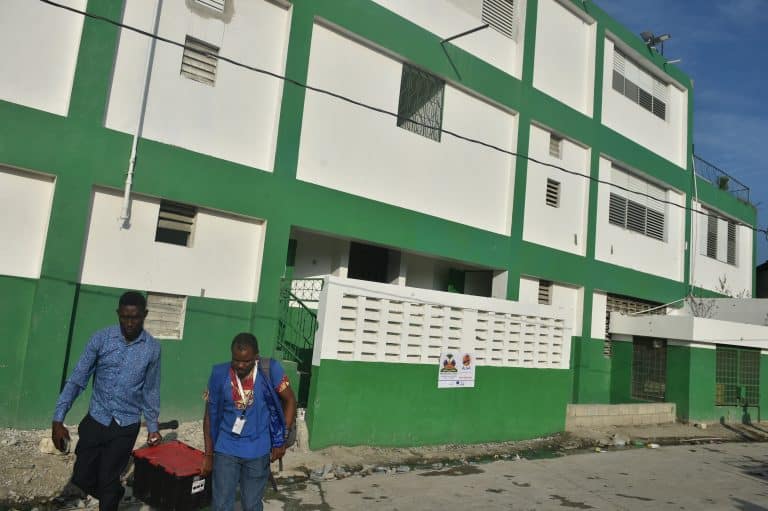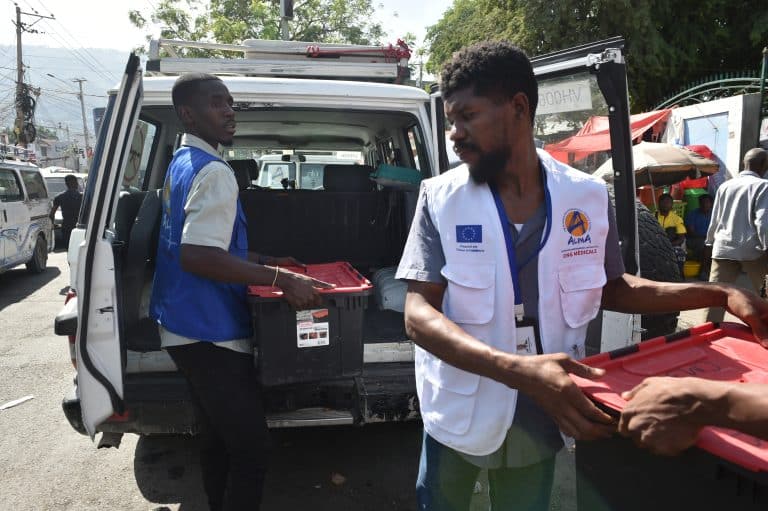Gender-based violence
- Every day, thousands of women experience gender-based violence.
- In 2023, a woman was killed every 10 minutes by someone close to her (UN).
- Africa has the highest rates of femicide.
Female genital mutilation (FGM) affects millions of girls and women, mainly in Africa, the Middle East, and Asia (WHO). West Africa is particularly affected and faces deep gender inequalities that aggravate this violence, exacerbated by conflict and poverty.
ALIMA is committed to supporting survivors by providing them with medical, psychological, and social care.
Humanitarian context and challenge
Systemic violence, often invisible
Gender-based violence takes multiple forms:
- Domestic violence (physical, psychological, sexual, economic).
- Sexual violence (harassment, rape, trafficking, and exploitation).
- Female genital mutilation (FGM), still widely practiced in several African countries.
- Forced and early marriages, depriving millions of girls of education and autonomy.
- Digital violence (cyberbullying, non-consensual sexting).
💡Why does this matter?
- A global crisis, worsened by humanitarian emergencies.
- Severe consequences for survivors’ mental and physical health.
- A lack of suitable structures to provide comprehensive medical and psychological care.
📌 In 2018, Senegal, Burkina Faso, Niger, and Mali were among the world’s most gender-unequal countries (UNDP).
➡️ To address these challenges, ALIMA is taking action to provide survivors with appropriate and comprehensive care.
ALIMA’s action
💡How does ALIMA protect and support GBV survivors?
ALIMA adopts an integrated and multidisciplinary approach to provide a comprehensive response to gender-based violence.
🔹Community awareness and prevention
- Information and awareness campaigns to break the taboo surrounding violence.
- Mobilization of community networks to create a safer environment.
- Psychoeducation on the consequences of violence and access to care.
🔹 Medical and psychological care
- Emergency medical care for survivors of physical and sexual violence.
- Psychological first aid to prevent post-traumatic stress.
- Support groups and individual therapies to help with psychological reconstruction.
- Legal advice and guidance for survivors seeking to file a complaint or obtain legal support.
📌 ALIMA ensures that each survivor receives comprehensive and confidential care.
🔹Training and capacity building
- Prevention of sexual exploitation and abuse within medical and humanitarian teams.
- Training in psychological first aid to detect and support victims.
- Analysis of GBV trends in intervention areas to improve the humanitarian response.
📌ALIMA trains caregivers and equips its teams with gender and safeguarding specialists to ensure high-quality support in all intervention zones.
Frequently Asked Questions (FAQs)
- Conflict, poverty, and instability increase the vulnerability of women and girls.
- Lack of access to protection services and care reinforces impunity for perpetrators.
- Stigmatization of survivors often prevents victims from seeking help.
- By providing appropriate medical care and psychological support.
- By raising awareness in communities and strengthening protection networks.
- By facilitating access to legal and social services for survivors.
- By sharing awareness campaigns to break the silence.
- By supporting organizations that help survivors.
- By making sure to promote gender equality in your environment and professional environment.
On the ground
Related news

Chancerelles: A Historic Maternity Hospital Reborn Amid the Crisis
In Cité Soleil, a municipality of the Port-au-Prince metropolitan area weakened by years of armed violence and the absence of public services, the Isaïe maternity

Port-au-Prince: In Cité Soleil, the CHAPI Hospital Comes Back to Life After Years of Neglect
In Cité Soleil, one of Haiti’s most vulnerable urban contexts, the CHAPI Hospital, located in the Boston area, is coming back to life after being

In Port-au-Prince Camps, Access to Healthcare Remains a Major Challenge for Displaced Populations
In Port-au-Prince, thanks to its mobile clinics and a strong network of community health workers, ALIMA is restoring regular access to healthcare for displaced populations,


